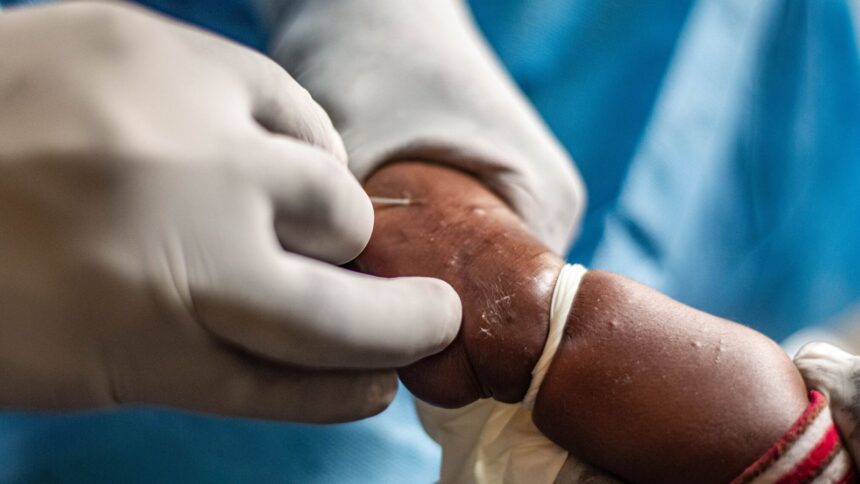According to researchers researching the virus, it has migrated outside of the Democratic Republic of the Congo, frequently to regions where resources are scarce and tools inadequate for accurate tracking.
This is making it more difficult to respond because it has raised a number of questions regarding the virus itself, its virulence, and its mode of transmission.
Since 1970, mpox has been a public health concern in some parts of Africa; but, until its international spread in 2022, when the World Health Organization (WHO) declared a global health emergency, the disease garnered little attention. It was declared to be over ten months later.
Once the virus started spreading again, a new strain called Clade 1b was identified by the WHO as a new health emergency.
The strain is a modified variant of Clade 1, an mpox subtype that has been endemic in the Congo for many years and is contracted by contact with sick animals.
The WHO reports that almost 18,000 probable cases of Clade 1 and Clade 1b mpox have been reported from Congo this year, along with 615 fatalities.







